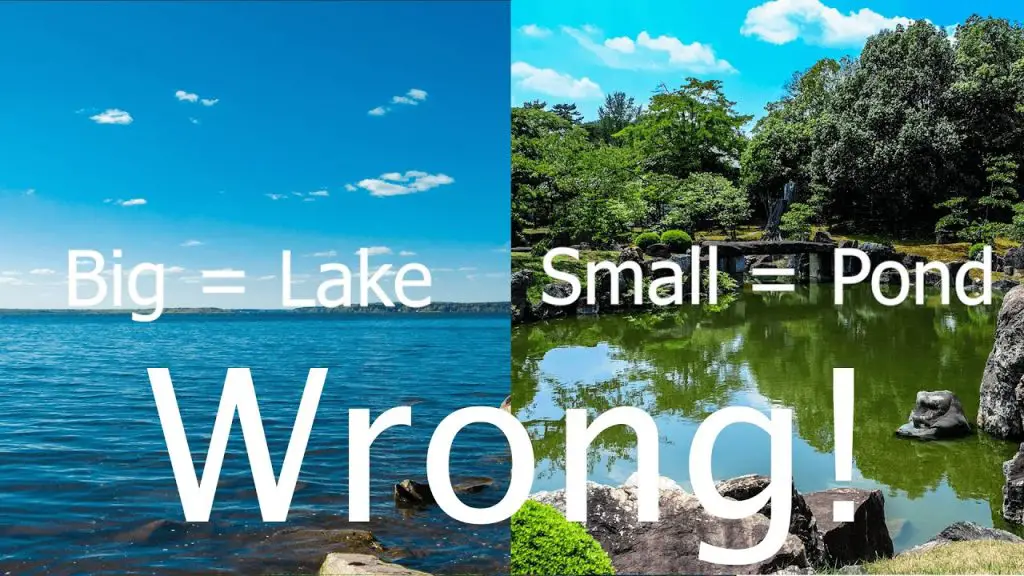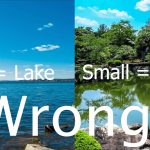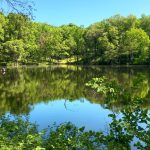When it comes to bodies of water, lakes and ponds are often used interchangeably, but there are key differences between the two.
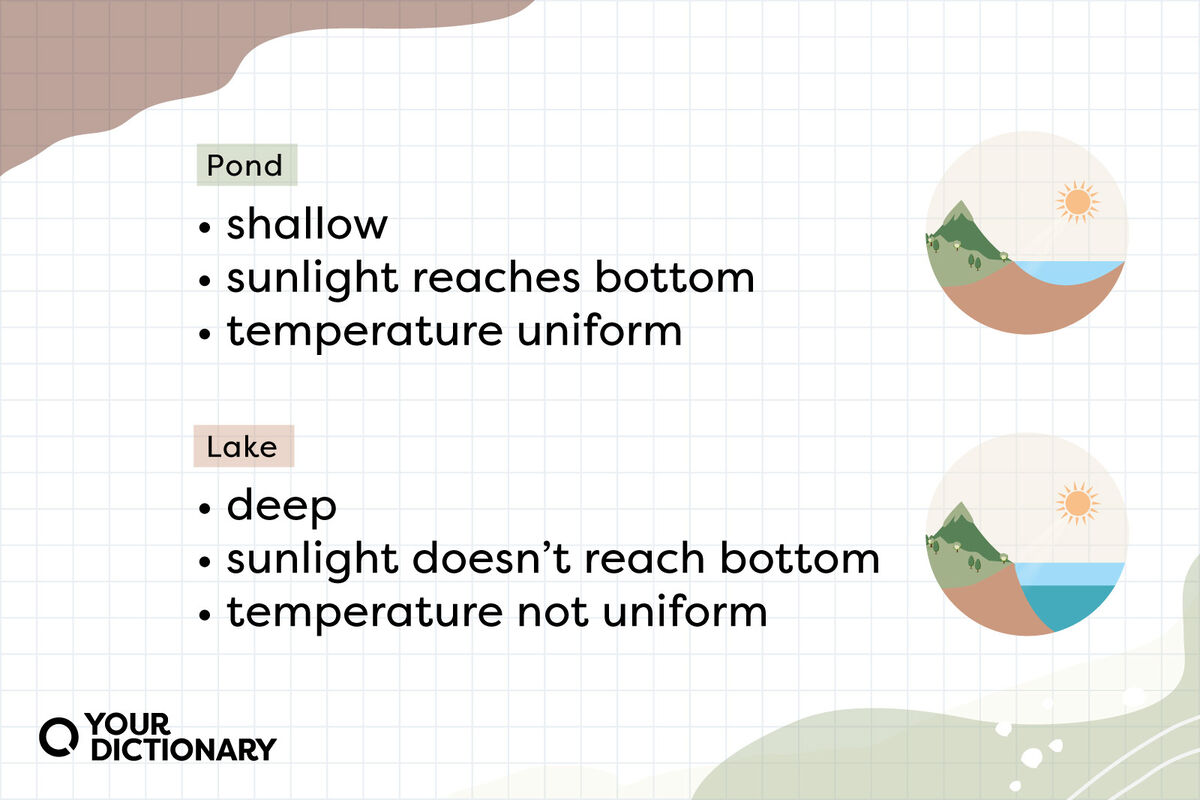
Credit: www.yourdictionary.com
Definition of a Lake
A lake is a large body of water that is surrounded by land. It is typically deeper and has a larger surface area than a pond.
Definition of a Pond
A pond, on the other hand, is a small body of water that is shallow and often man-made. Ponds usually have aquatic plants and animals.
Key Differences
| Aspect | Lake | Pond |
|---|---|---|
| Size | Large | Small |
| Depth | Deeper | Shallow |
| Surface Area | Greater | Smaller |
| Origin | Natural | Man-made or natural |
| Plant and Animal Life | Varied | More limited |
Examples in Nature
Examples of lakes include the Great Lakes in North America, Lake Baikal in Russia, and Lake Victoria in Africa. Ponds can be found in parks, gardens, and sometimes in natural habitats.
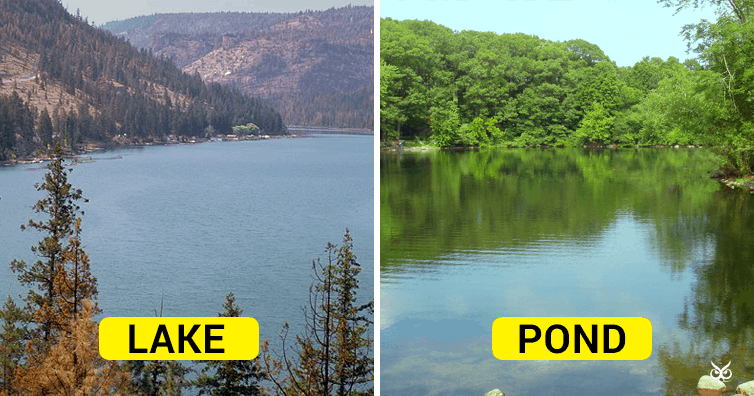
Credit: blog.ejoy-english.com
Ecological Importance
Lakes and ponds play crucial roles in ecosystems by providing habitats for various plants and animals. They also contribute to the water cycle and help maintain biodiversity.
Human Interaction
Humans often use lakes for recreational activities like fishing, boating, and swimming due to their size and depth. Ponds are commonly used for landscaping and as decorative features in gardens.
Final Thoughts
In conclusion, while lakes and ponds share similarities as bodies of water, their differences in size, depth, and ecological impact make each unique and important in their own right.


